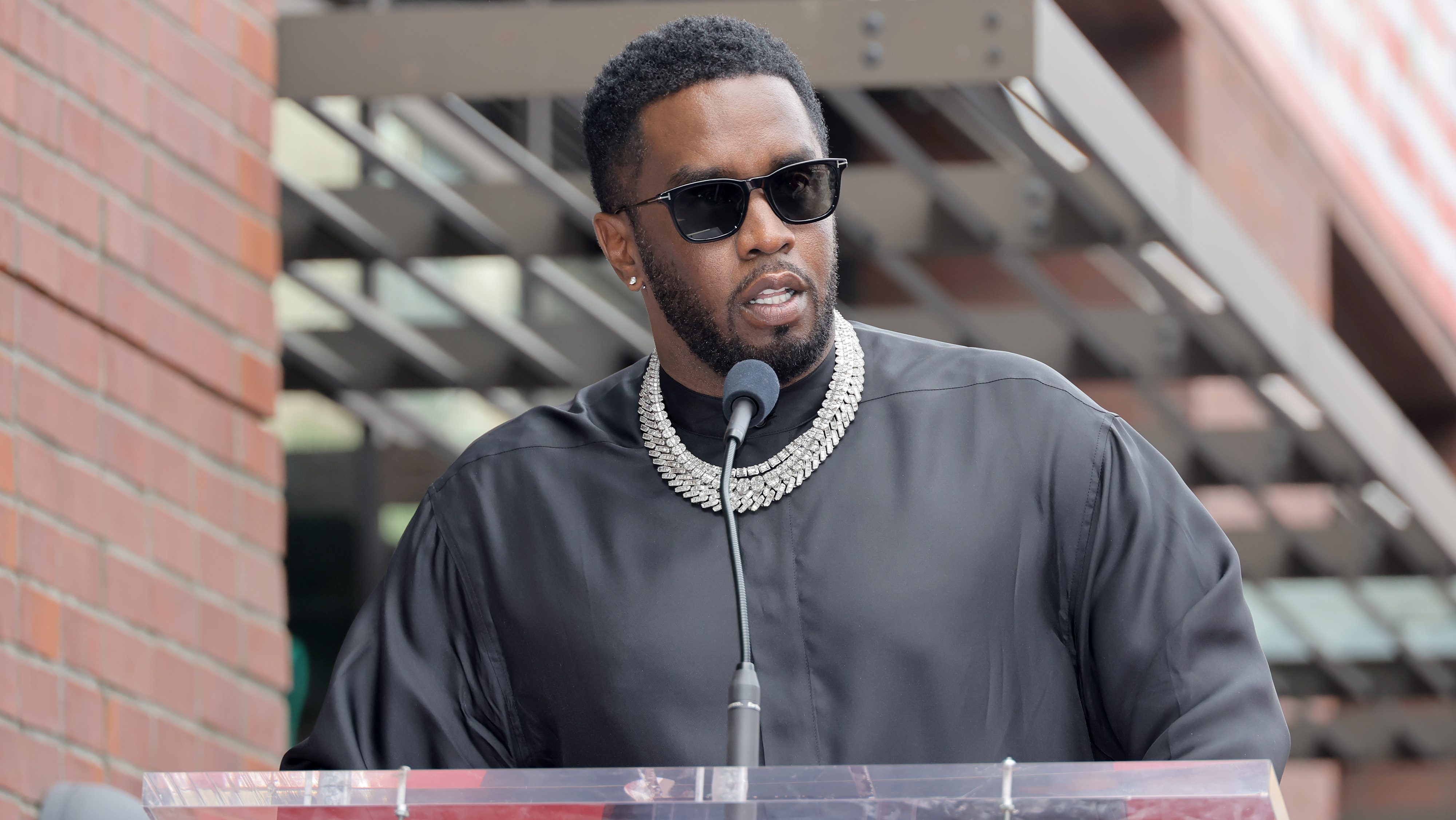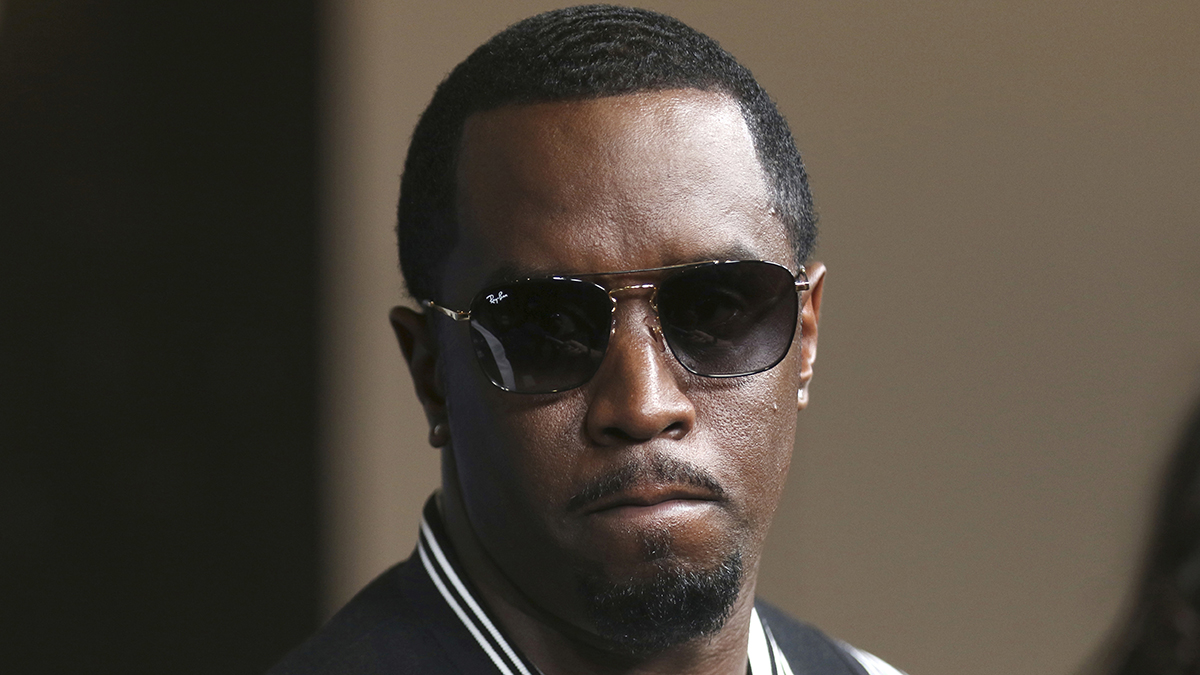Diddy's Trial: How Jurors Are Chosen (The Full Process)
Diddy's Jury: Inside the High-Stakes Selection Process
Introduction: The Stage is Set
The courtroom drama is about to unfold. Sean "Diddy" Combs, a name synonymous with music and mogul status, faces serious allegations of sex trafficking, racketeering, and transportation for prostitution. This isn't just another celebrity scandal; this is a federal case, with real-world implications for everyone involved. But before the evidence is presented and the arguments are made, one crucial step must occur: selecting a jury. This isn't a walk in the park; it's a meticulous process designed to ensure a fair trial. Hundreds of New Yorkers have been summoned, their civic duty calling them to a Manhattan federal court. They’ll be asked to complete questionnaires, the first step in determining who will ultimately decide Diddy's fate. So, how does this all work? Let's dive in.
The Summoning: Your Civic Duty Beckons
Ever received a jury duty summons in the mail? It’s not exactly a welcome surprise, is it? But it's a cornerstone of our legal system. In this case, hundreds of individuals are being called upon to potentially serve on the jury for Sean Combs’ trial. These summonses are typically issued randomly from voter registration and driver's license databases, ensuring a diverse pool of potential jurors. Think of it as a lottery, except instead of winning money, you might win the opportunity to participate in a landmark trial. Ignoring the summons isn't an option; it can lead to fines or even a contempt of court charge.
Meet Judge Subramanian: The Orchestrator of Justice
U.S. District Judge Arun Subramanian is the man in charge. He's the one overseeing the entire trial, including the crucial jury selection process. His job is to ensure everything runs smoothly and fairly. Judge Subramanian will play a pivotal role in deciding which questions are appropriate for prospective jurors, balancing the need for a fair and impartial jury with the privacy concerns of those being questioned. He’s the conductor of this legal orchestra, ensuring all the instruments (lawyers, evidence, and ultimately, the jury) play in harmony, according to the law.
Voir Dire: Unmasking Bias
The term "voir dire" might sound like something out of a science fiction movie, but it's simply the legal process of questioning potential jurors to determine their suitability for serving on a jury. It's essentially a process of weeding out individuals who might be biased or unable to render a fair verdict. Imagine it as a job interview, but instead of a hiring manager, you have lawyers and a judge scrutinizing your every answer. The goal is to assemble a jury of individuals who can be impartial, objective, and willing to listen to the evidence presented in court.
Questionnaires: The First Line of Defense
Before the face-to-face questioning begins, potential jurors will complete questionnaires. These forms are designed to gather information about their backgrounds, beliefs, and potential biases. Think of these questionnaires as the first layer of screening, allowing the legal teams to identify potential jurors who might harbor preconceived notions about the case or the defendant. What kind of questions might they ask? Well, that's where things get interesting.
The Battle of the Questions: Prosecution vs. Defense
Here's where the legal maneuvering begins. Both the prosecution and Diddy's legal team submitted proposed voir dire questions to the court. Unsurprisingly, they don't see eye-to-eye on what those questions should be. Why is this important? Because the questions asked can significantly influence the composition of the jury. Each side is trying to shape the jury in a way that they believe will be most favorable to their case.
The Defense's Approach: Digging Deep
Diddy's legal team, led by attorney Marc Agnifilo, submitted a 72-question survey. That's a lot of questions! What were they hoping to uncover? It seems they wanted to delve into potentially sensitive areas, such as past experiences with sexual assault, abuse, and domestic violence. Was this a fishing expedition? Or a legitimate attempt to uncover potential biases? Agnifilo likely argued that understanding a potential juror’s history with these sensitive topics is crucial to determining their ability to be impartial in a case involving allegations of sex trafficking.
The Prosecution's Concerns: Privacy and Relevance
Federal prosecutors, on the other hand, objected to the length and scope of the defense's proposed survey. They argued that some of the questions were overly personal and irrelevant to the case. They likely feared that asking jurors about their personal experiences with trauma could be intrusive and potentially discourage qualified individuals from serving on the jury. The prosecution suggested that if these topics needed to be explored, the judge should address them in person.
The Judge's Discretion: Striking the Right Balance
Ultimately, it's up to Judge Subramanian to decide which questions will be asked. He has to balance the defendant's right to a fair trial with the privacy concerns of potential jurors. It's a delicate balancing act. He’ll likely consider the relevance of each question to the case, as well as the potential for bias or prejudice. He might approve some of the defense's questions, reject others, and potentially craft his own questions to address specific concerns.
Challenges for Cause: Removing the Unsuitable
During voir dire, both sides have the opportunity to challenge potential jurors "for cause." This means they can argue that a particular individual is unfit to serve on the jury because they are biased, prejudiced, or otherwise unable to render a fair verdict. For example, if a potential juror admits to having a strong dislike for celebrities, or expresses the belief that all defendants are guilty, they could be challenged for cause. There is no limit to the number of challenges for cause that can be made.
Peremptory Challenges: The Lawyer's Gut Feeling
In addition to challenges for cause, each side also has a limited number of "peremptory challenges." This means they can dismiss a potential juror without providing a specific reason. It's often based on a lawyer's gut feeling or intuition. Perhaps they don't like the way a potential juror answered a question, or maybe they simply don't think that person will be sympathetic to their case. However, peremptory challenges cannot be used to discriminate against potential jurors based on race, gender, or other protected characteristics. This is a crucial safeguard against bias in the jury selection process.
The Anonymous Jury: Protecting Jurors in High-Profile Cases
While it's not explicitly mentioned in the provided text, in high-profile cases like this, the possibility of an anonymous jury is sometimes considered. What is an anonymous jury? It's where the jurors' names and addresses are kept secret to protect them from potential harassment or intimidation. Given the high-profile nature of the case and the serious allegations against Diddy, it's conceivable that this option could be explored. The decision to empanel an anonymous jury is made on a case-by-case basis, considering the potential risks to juror safety and the need to ensure a fair trial.
Sequestration: Isolating the Jury From Outside Influence
Again, while not directly mentioned, another factor that could be considered is jury sequestration. This involves isolating the jury from the outside world during the trial. Jurors might be housed in a hotel and prevented from accessing news reports or social media. The goal is to prevent them from being influenced by outside information or opinions. Is sequestration likely in this case? It's possible, especially given the media attention the trial will undoubtedly receive. The decision to sequester a jury is a serious one, as it can be disruptive to jurors' lives and can be costly.
The Jury's Role: Rendering a Verdict
Once the jury is selected and the trial begins, their role is to listen to the evidence presented, consider the arguments made by both sides, and ultimately render a verdict. This means they must decide whether the prosecution has proven beyond a reasonable doubt that Diddy is guilty of the charges against him. It's a heavy responsibility, as their decision will have a profound impact on the lives of everyone involved.
The Verdict: Justice Served (or Not)
The jury's verdict must be unanimous. If they can't agree, the result is a hung jury, and the prosecution must decide whether to retry the case. If they find Diddy guilty, he will face sentencing by the judge. If they find him not guilty, he will be acquitted. Either way, the verdict marks the end of this chapter, but the story and its implications will likely reverberate for years to come.
Conclusion: The Quest for Impartiality
The jury selection process for Sean "Diddy" Combs' trial is a complex and critical undertaking. It involves hundreds of potential jurors, a judge tasked with ensuring fairness, and legal teams vying to shape the jury in their favor. The questions asked, the challenges made, and the ultimate composition of the jury will all play a significant role in determining the outcome of the trial. The goal is to find individuals who can set aside their personal beliefs and biases and render a verdict based solely on the evidence presented in court. It's a testament to the importance of the jury system in our legal system, a system designed to ensure that everyone, even the most famous and powerful, receives a fair trial.
Frequently Asked Questions
Here are some frequently asked questions about the jury selection process:
- What happens if I ignore a jury duty summons? Ignoring a jury duty summons can result in fines or even a contempt of court charge. It's important to respond to the summons, even if you believe you have a valid reason to be excused.
- Can I be excused from jury duty? You can request to be excused from jury duty if you meet certain criteria, such as having a medical condition that prevents you from serving, being a caregiver for a dependent, or having a conflicting work obligation. However, the judge will ultimately decide whether to grant your request.
- How long does jury duty typically last? The length of jury duty can vary depending on the length of the trial. Some trials may last only a few days, while others can last for weeks or even months. You will typically be required to be available for jury duty for a specific period of time, even if you are not selected to serve on a jury.
- Will I get paid for serving on a jury? Jurors are typically paid a small daily fee for their service. The amount varies by jurisdiction. You may also be reimbursed for travel expenses and parking fees.
- What should I wear to jury duty? It's important to dress professionally and respectfully when reporting for jury duty. Avoid wearing casual clothing, such as shorts, t-shirts, or flip-flops. Business casual attire is generally appropriate.

